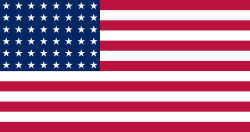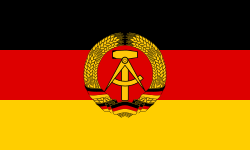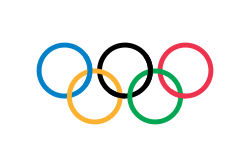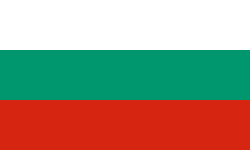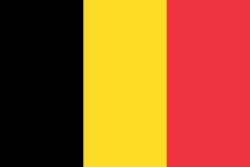Iolanda Balaș
| Iolanda Balaș | ||
Iolanda Balaș. | ||
| Friidrott, damer | ||
| Guld | Rom 1960 | Höjdhopp |
| Guld | Tokyo 1964 | Höjdhopp |
Iolanda Balaș, född 12 december 1936 i Timișoara, död 11 mars 2016 i Bukarest,[1] var en rumänsk höjdhoppare.
Iolanda Balaș tog olympiskt guld vid Olympiska sommarspelen 1960 i Rom och vid Olympiska sommarspelen 1964 i Tokyo.
Balaș satte under sin karriär 14 världsrekord och var första kvinna i världen över såväl 1,80 som 1,90.
Iolanda Balaș satte sitt första världsrekord i Bukarest den 14 juli 1956 när hon klarade 1,75. Den 16 juli 1961 satte hon sitt sista världsrekord, 1,91, ett rekord som skulle stå sig i mer än tio år. Efter sin femteplats i OS i Melbourne 1956 vann Iolanda Balaș 150 tävlingar. I 80 av dem hoppade hon högre än någon annan kvinna i världen gjort. I juni 1967 förlorade hon en tävling för första gången på 11 år efter att ha visat upp världens längsta segersvit i friidrott.
Noter
| |||||
| |||||||||||||
Media som används på denna webbplats
De olympiska ringarna, med genomskinlig bakgrund.
The Canadian Red Ensign used between 1921 and 1957.
This image has compared for accuracy (mainly colors) using an image from World Statesmen. The only change is making the maple leaves green from red. This image has compared for accuracy (mainly colors) using an image from World Statesmen. The most recent version of this image has changed the harp into one with a female figure; see [http://flagspot.net/flags/ca-1921.html FOTW
US Flag with 48 stars. In use for 47 years from July 4, 1912, to July 3, 1959.
Flag of Hungary from 6 November 1915 to 29 November 1918 and from August 1919 until mid/late 1946.
Flag of South Africa, used between 1928 and 1982. It is identical to the 1982 to 1994 version except that the shade of blue is darker. It is also known as the "Oranje-Blanje-Blou".
Flag of Romania (28 March 1948 - 24 September 1952)

Construction sheet of the Flag of Romania as depicted in Decree nr. 972 from 5 November 1968.
- l = 2/3 × L
- C = 1/3 × L
- S = 2/5 × l
Olympic Movement flag
Proportions 2:3, created 1913, adopted 1914, first used 1920.
- Colors as per http://fairspielen.de/wp-content/uploads/2015/09/Annexe-3-Olympism_and_the_Olympic_Symbol_-_Principles_and_Usages_Guide-1.pdf
- blue: PMS 3005C
- yellow: PMS 137C
- black: PMS 426C
- green: PMS 355C
- red: PMS 192C
- Dimensions of the rings taken from http://fairspielen.de/wp-content/uploads/2015/09/Annexe-3-Olympism_and_the_Olympic_Symbol_-_Principles_and_Usages_Guide-1.pdf
The civil ensign and flag of Belgium. It is identical to Image:Flag of Belgium.svg except that it has a 2:3 ratio, instead of 13:15.
The Canadian Red Ensign used between 1921 and 1957.
This image has compared for accuracy (mainly colors) using an image from World Statesmen. The only change is making the maple leaves green from red. This image has compared for accuracy (mainly colors) using an image from World Statesmen. The most recent version of this image has changed the harp into one with a female figure; see [http://flagspot.net/flags/ca-1921.html FOTW
Iolanda Balaș at the 1964 OLympics



